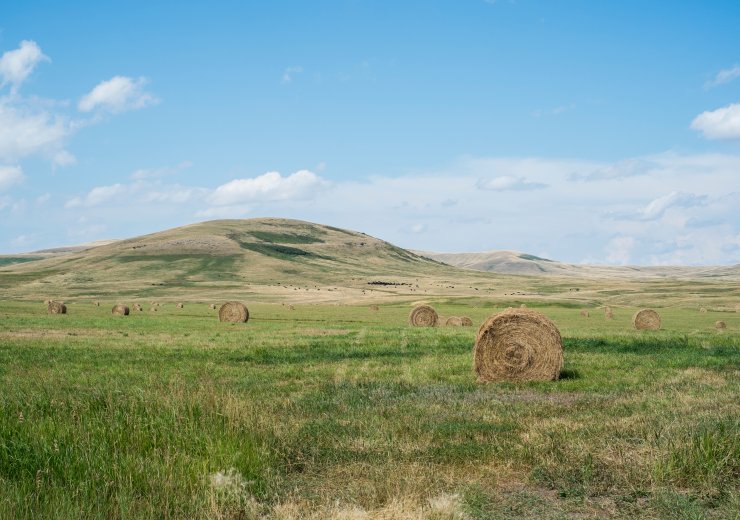
Agro-ecological farming systems use sustainable methods and practices that protect and enhance human, animal and planetary health and welfare, now and in the future. Experts around the world are increasingly advocating agro-ecological approaches to growing our food.
Agriculture, forestry and land use change are responsible for 25% of global greenhouse gas emissions, and farming generates unsustainable levels of pollution and waste. Poor diets –not enough or the wrong kind of food – lead to malnutrition and ill health.
There is an urgent need for new farming systems that reduce these harmful impacts. In 2018 the United Nations called on the world to adopt agro-ecological approaches to farming, to provide health and wellbeing, secure livelihoods, protect and enhance the environment, increase biodiversity and treat animals with respect.
Around 75% of the world’s poorest people are subsistence farmers living in rural areas in the global south. Helping them overcome the challenges of climate change, resource constraint and population growth is a powerful tool to help them escape extreme poverty and feed a projected 9.7 billion people by 2050. What kind of help and who pays for it, is at the heart of global debates about food and farming systems.
An agro-ecological farming system relies on local knowledge and locally developed solutions to local problems. It is often free, protects and enhances nature, provides employment and prioritises animal welfare. A conventional approach brings in technologies owned elsewhere – often by multinational corporations– that are expensive, resource-intensive and not always locally appropriate solutions.

In the global north, including the UK, citizens’ expectations of cheap food have locked most farmers into conventional farming systems which have more in common with industrial processes than agricultural ones, with a heavy reliance on technology and external inputs.
As people become more interested in food’s impacts on people, planet and animals, and climate change and resource constraint bite, farmers here are increasingly turning to agro-ecological methods. This way of producing food gives equal weight to all voices in the food system, from people to the planet, from animals to future generations. It’s a sustainable approach that provides “good food, for everyone, for ever.” (Colin Tudge, food policy expert and writer).
The world’s population in 2017
Agriculture and fresh water use
Snapshot: UK sustainable food systems in the spotlight

New farm policy has the potential to provide a healthy, fulfilled and sustainable future.

Let's celebrate the UK's agricultural diversity rather than take ‘one-size-fits-all' approach.

The government must be unqualified in its support for the UK’s food supply chain.